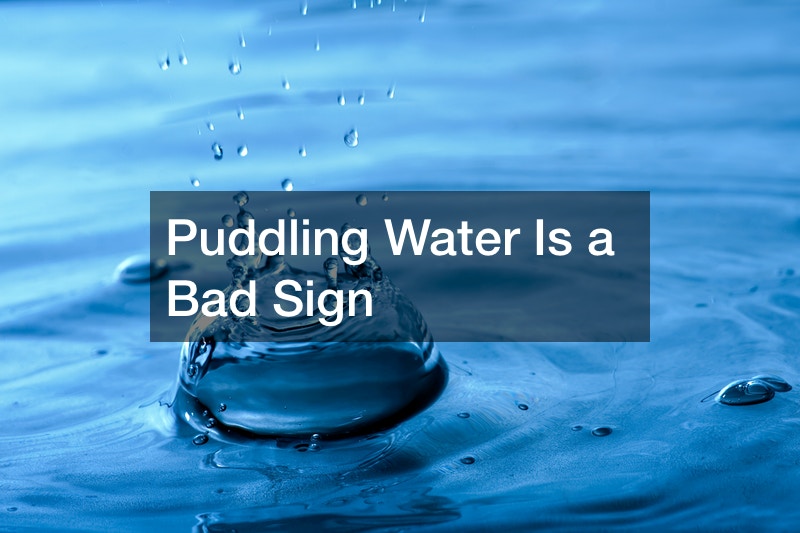
Updated 5/12/22
The first step you should take when you want to install an asphalt driveway is to research a reputable contractor about the specifics of the project before officially hiring them and avail time to stay at home to monitor the ongoing installation of asphalt on your driveway. You should also consider asphalt vs concrete driveways pros and cons before attempting on how to seal your driveway yourself or searching on the web on how to DIY asphalt driveway. You are also supposed to clean asphalt driveway before sealing it to ensure that the project’s process will be seamless.
The main objective when it comes to the designing of a durable driveway is to construct an adequate slope that will be used to drain water off and lead it away from the driveway. Water rat ponds on the surface or beside the driveway seep underneath the soil and weaken the soil hence the emphasis on preventing it from doing so.

Once the old driveway in your home is demolished, your contractor will examine the existing base closely. He will then tell you the type and thickness of the exposed area of the base and advise if it needs to be upgraded or not. It is crucial to mechanically compact the base, asphalt, and subbase to get a durable driveway. It may seem like a trivial task to do but installing an asphalt driveway requires a high level of expertise and the only way you can be assured of high-quality work is when you hire asphalt paving services to do the project. So give a call to your local asphalt paving contractor and schedule with them the perfect time they should come to install an asphalt driveway in your home.
Want to know about driveway paving companies? This video will help you learn everything.
In order to create a long-lasting asphalt driveway, it is essential to include a sufficient amount of slope to allow water to drain away from the road. In order to prevent soil erosion and frost heave, water should never puddle on the surface or adjacent to the driveway.
The granular basis of a long-lasting driveway is its most important component. You need the correct thickness and composition for this material. Some regions employ “conbit” (concrete/asphalt that has been broken down and reused), while others use crushed stone.
Because of the jagged surfaces of crushed coarse materials, they condense and lock together to form a strong matrix that resists settlement. In order to keep it all together, a cement dust-like binder may be used.
The base (the fill beneath the asphalt top) should be examined carefully once your old driveway has been removed, and it is possible that additional material should be removed or added. The nature and thickness of the exposed base can be determined by digging into it.
For clay soils, a foundation thickness of 8 inches is recommended, whereas for well-drained sandy soils, a thickness of 4 inches is suggested. If you have a weak foundation, you need to improve it.
This video is a perfect overview to know all about driveway paving companies, do watch. .




